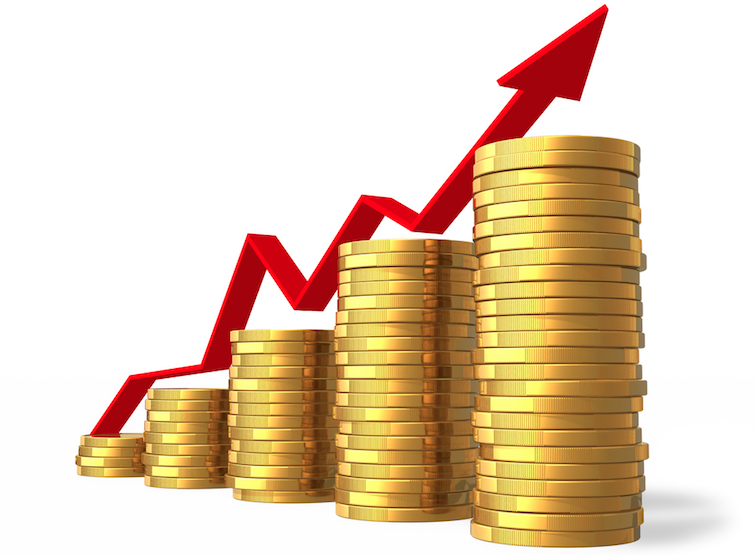Bank of Albania on 1H 2024: economic growth and improved financial stability

In the first half of 2024, the Albanian economy demonstrated resilience and steady growth, according to a report by the Bank of Albania. Key sectors, such as banking, showed positive trends despite challenges posed by currency fluctuations. Deposit growth continued, and the pace of lending accelerated significantly. These trends were supported by stable financial indicators and improved profitability across the banking system. At the same time, Albania’s economy grew by 3.6% in the first quarter, driven by strong domestic consumption, investment, and the continued recovery of the tourism sector.
Why does it matter?
For Albania, this economic and financial growth is critical as it strengthens the country’s ability to attract foreign investment and align with EU standards. Increased bank lending and steady deposit growth indicate rising confidence in the economy, which supports business expansion and consumer spending. These developments are vital for Albania’s push to modernize its economy, reduce unemployment, and boost infrastructure. However, managing risks like geopolitical tensions and market overconfidence is key to ensuring this progress is sustainable and resilient.
The overall growth of the Albanian economy reached 3.6% in the first quarter of 2024. Consumer spending and investment activities showed positive trends, reflecting confidence in the country’s economic future. The tourism sector, a vital contributor to Albania’s GDP, continued its recovery, helping to fuel growth in related industries such as hospitality, transportation, and retail. Employment also rose, with wages increasing and unemployment decreasing.
The banking sector’s resilience has also been a key driver of Albania’s positive economic performance. During the first half of 2024, deposits grew steadily, sending a positive sign of trust in the financial system. Lending increased significantly, with an annual growth rate of 11.1%, as businesses and individuals took on more loans to finance investments. Moreover, the profitability of banks continued to improve during this period, demonstrating efficient financial management and a stable banking environment. Capital levels remained healthy, providing a buffer against any potential economic shocks.
Despite these encouraging developments, the Bank of Albania has cautioned that certain risks remain. Geopolitical uncertainties could impact Albania’s economy, especially in terms of trade and foreign investment. Furthermore, over-optimism in the market could lead to unsustainable borrowing and investment practices, potentially creating vulnerabilities in the financial system. Therefore, the Bank advises all economic actors—businesses, households, and the government—to take this period of growth as an opportunity to strengthen financial positions, improve risk management, and ensure that future growth remains sustainable.


